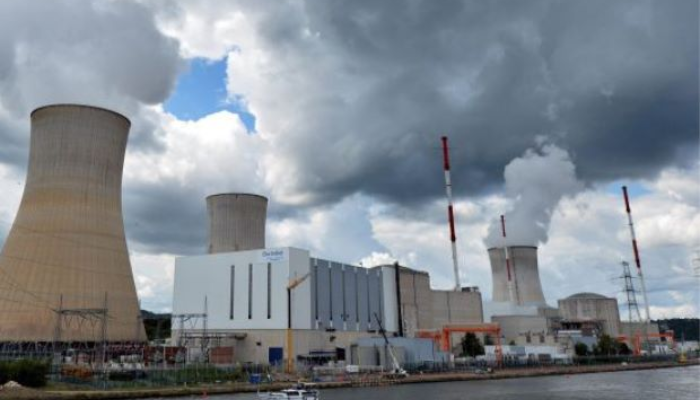A recent report from Bloomberg NEF said that nuclear energy remains pivotal for several Southeast Asian countries towards achieving its net-zero targets. The report mainly talked about the different pathways and scenario to reduce emissions and achieve the net-zero targets.
“Nuclear plays an important role in several economies’ pathway to net zero, including China, India,
Southeast Asia, the US, Japan and South Korea. In all these regions, the share of nuclear power
grows from 2023, especially in Chia and India. In Europe, the technology’s contribution falls
despite further capacity buildout. We do not expect Australia and Latin America to embrace
nuclear,” the report said.
The report said that renewable energy dominates the power system, but the technology mix varies with local costs, policy, resources and current energy mix. “Renewables dominate power supply in all markets . Their share reaches as high as 95% in Australia and Latin America thanks to excellent sunshine and wind resources. Latin America also benefits from a high contribution from hydropower. Economies with a large legacy nuclear fleet or land constraints have the lowest share of renewables. In South Korea, for
example, renewables reach just 63% of electricity supply and in France 67%.,” the report said.
The report said that as countries build power plants with carbon capture and storage (CCS), it expects them to run on the fuel that has traditionally dominated the national power mix. “In Asia, that is predominantly
coal, while in the Americas it is natural gas. In Europe, both are used. In economies that use CCS
in the power sector, most combine it with gas in the NZS,” the Bloomberg NEF report said.
“The window to reach net-zero emissions by 2050 is rapidly closing but there is still time for the world to get on track – if decisive action is taken now. Failure to do so risks putting even a 1.75C global warming target out of reach. Progress has been made. The energy transition has accelerated in recent years with the pace of clean technology deployment and capital investment surging to record levels. And while emissions remain stubbornly high despite that momentum, with an even faster ramp-up of everything from renewables to green fuels, BNEF sees carbon neutrality by mid-century as a tough but achievable stretch,” the report said.

